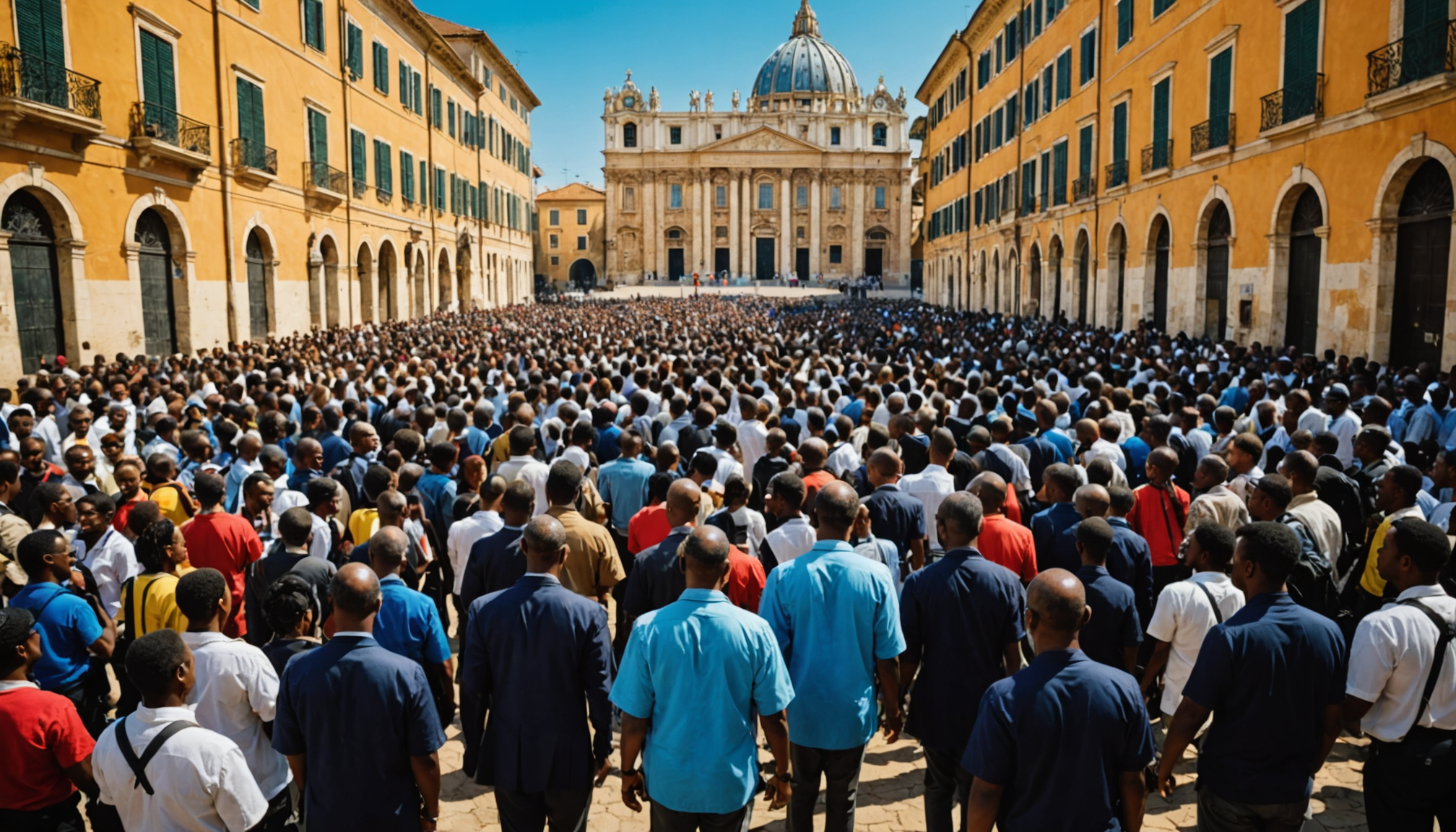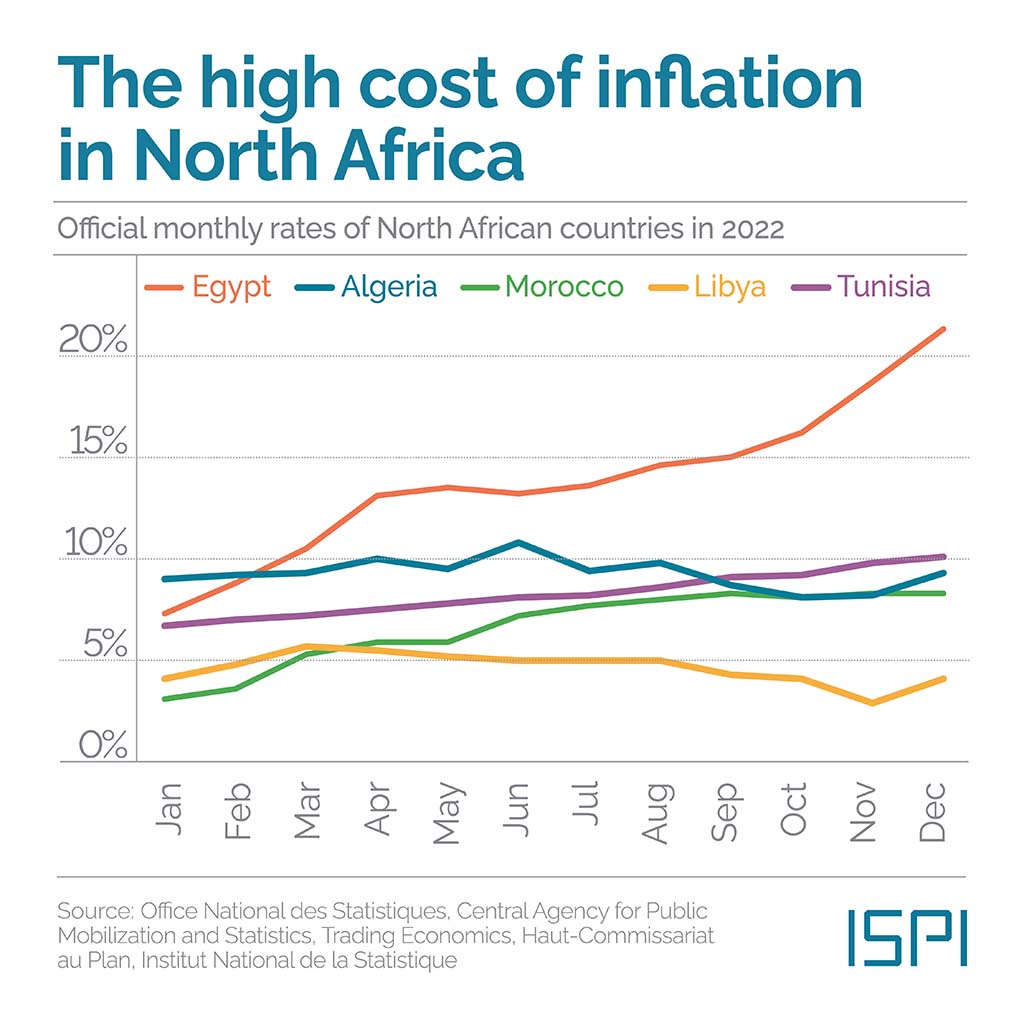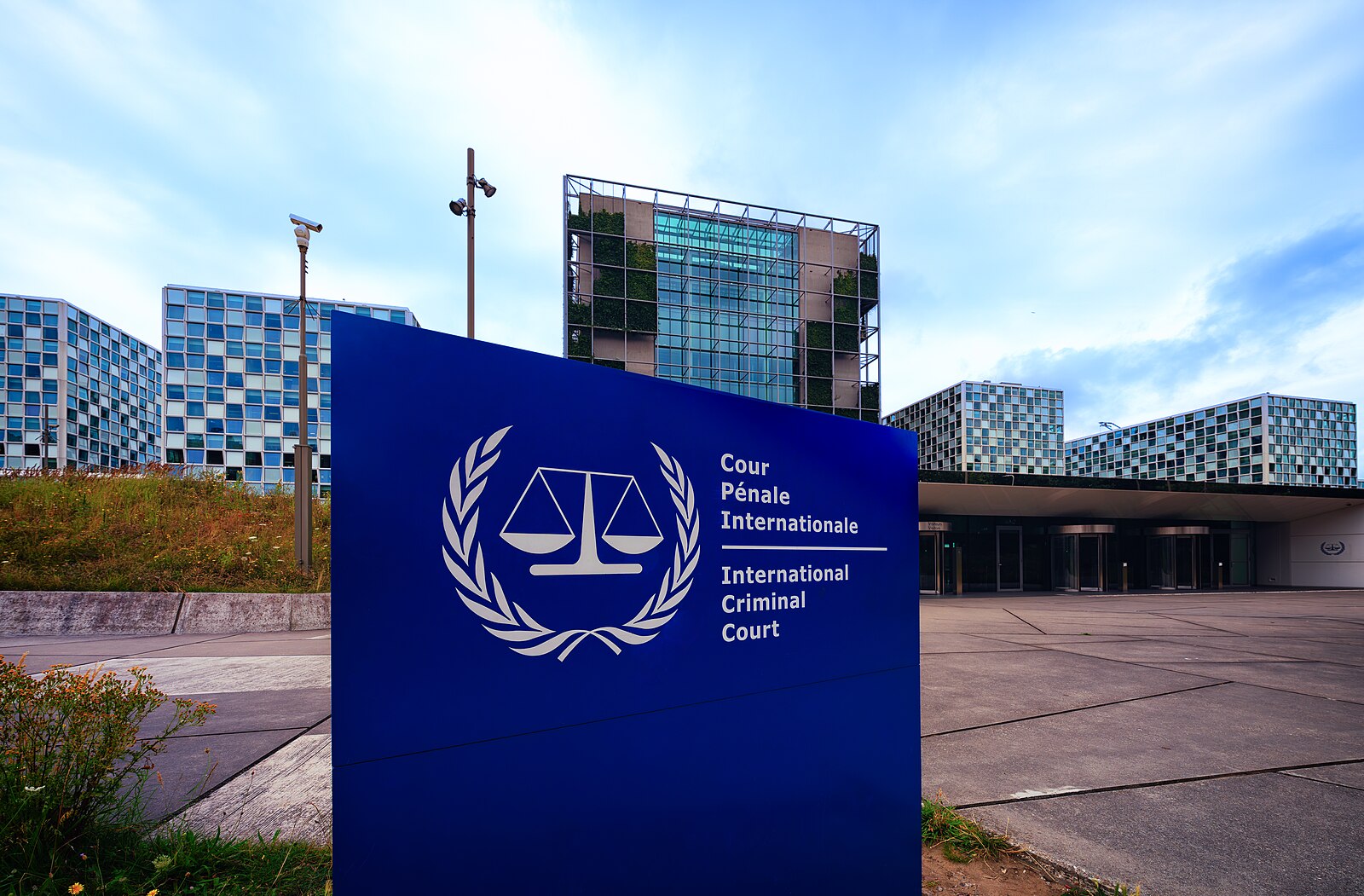
Conference on the Role of the Catholic Church in Promoting Peace, Justice, and Sustainable Development in Cabo Verde
The Justice and Peace Commission of the Diocese of Santiago in Cabo Verde recently organized a conference in Praia focused on the Catholic Church’s contribution to peace, justice, and sustainable, balanced development in Cabo Verde. The event emphasized the alignment of the Church’s mission with the Sustainable Development Goals (SDGs), particularly those related to peace, justice, reduced inequalities, and sustainable communities.
Objectives and Participants
The primary aim of the conference was to promote values of inclusion, equity, justice, peace, and human rights, all grounded in the Gospel and Catholic Social Teaching. Central to the discussions was the question: How can the Church contribute to more supportive and balanced development in the country, in line with the SDGs?
The conference took place at the Catholic University (Escola Universitária Católica de Cabo Verde) and was attended by Cardinal Arlindo Furtado, Bishop of Santiago in Cabo Verde, alongside other key figures committed to social justice and sustainable development.
Key Themes and Presentations
-
The Church’s Role in Peace and Justice
- Emanuel Miranda, Chair of the Diocesan Justice and Peace Commission, highlighted the Church’s vital role in promoting peace and justice, reinforcing its commitment to being an active societal voice inspired by the Gospel.
- This aligns with SDG 16 (Peace, Justice and Strong Institutions), emphasizing the Church’s contribution to fostering peaceful and inclusive societies.
-
Social Doctrine of the Church in Contemporary Contexts
- Father José Eduardo Afonso, Rector of the Catholic University School of Cape Verde, delivered the keynote address titled “From Rerum Novarum to the Digital Age: The Social Doctrine of the Church between Leo XIII and Leo XIV.”
- He stressed the importance of Catholic Social Teaching as a guiding framework amid rapid societal transformations, especially in the digital era.
- This discussion supports SDG 9 (Industry, Innovation and Infrastructure) and SDG 10 (Reduced Inequalities) by addressing technological changes and their social impacts.
-
International Perspectives on Justice and Peace
- Pedro Vaz Patto, President of the National Justice and Peace Commission of Portugal, contributed reflections on contemporary challenges through the lens of the Church’s Social Doctrine.
- This international perspective reinforced the global relevance of the Church’s role in promoting sustainable development and social justice, consistent with SDG 17 (Partnerships for the Goals).
Conclusion
The conference underscored the Catholic Church’s commitment to advancing the Sustainable Development Goals through its advocacy for peace, justice, inclusion, and sustainable development. By integrating Catholic Social Teaching with the SDGs framework, the Church aims to contribute effectively to Cabo Verde’s balanced and sustainable progress.
Summary of SDG Focus Areas Addressed
- SDG 16: Promotion of peaceful, just, and inclusive societies.
- SDG 10: Reduction of inequalities through social justice.
- SDG 9: Addressing technological and societal transformations.
- SDG 17: Strengthening partnerships and international cooperation.

1. Sustainable Development Goals (SDGs) Addressed or Connected
- SDG 16: Peace, Justice and Strong Institutions
- The article focuses on promoting peace, justice, and human rights, which are central to SDG 16.
- SDG 10: Reduced Inequalities
- The emphasis on inclusion and equity relates to reducing inequalities within Cabo Verdean society.
- SDG 4: Quality Education
- The involvement of the Catholic University and discussions on social doctrine and education imply a connection to quality education.
- SDG 17: Partnerships for the Goals
- The collaboration between the Church, local institutions, and international representatives (e.g., from Portugal) reflects partnerships to promote sustainable development.
2. Specific Targets Under Those SDGs Identified
- SDG 16 Targets
- Target 16.1: Significantly reduce all forms of violence and related death rates everywhere.
- Target 16.3: Promote the rule of law at the national and international levels and ensure equal access to justice for all.
- Target 16.7: Ensure responsive, inclusive, participatory and representative decision-making at all levels.
- SDG 10 Targets
- Target 10.2: Empower and promote the social, economic and political inclusion of all, irrespective of age, sex, disability, race, ethnicity, origin, religion or economic or other status.
- SDG 4 Targets
- Target 4.7: Ensure that all learners acquire knowledge and skills needed to promote sustainable development, including through education for sustainable development and sustainable lifestyles, human rights, gender equality, promotion of a culture of peace and non-violence.
- SDG 17 Targets
- Target 17.17: Encourage and promote effective public, public-private and civil society partnerships.
3. Indicators Mentioned or Implied to Measure Progress
- Indicators for SDG 16
- 16.1.4: Proportion of population that feel safe walking alone around the area they live.
- 16.3.1: Proportion of victims of violence in the previous 12 months who reported their victimization to competent authorities.
- 16.7.2: Proportion of population who believe decision-making is inclusive and responsive.
- Indicators for SDG 10
- 10.2.1: Proportion of people living below 50% of median income, by age, sex and persons with disabilities.
- Indicators for SDG 4
- 4.7.1: Extent to which (i) global citizenship education and (ii) education for sustainable development are mainstreamed in national education policies, curricula, teacher education and student assessment.
- Indicators for SDG 17
- 17.17.1: Amount of United States dollars committed to public-private and civil society partnerships.
4. Table of SDGs, Targets and Indicators
| SDGs | Targets | Indicators |
|---|---|---|
| SDG 16: Peace, Justice and Strong Institutions |
|
|
| SDG 10: Reduced Inequalities |
|
|
| SDG 4: Quality Education |
|
|
| SDG 17: Partnerships for the Goals |
|
|
Source: vaticannews.va







